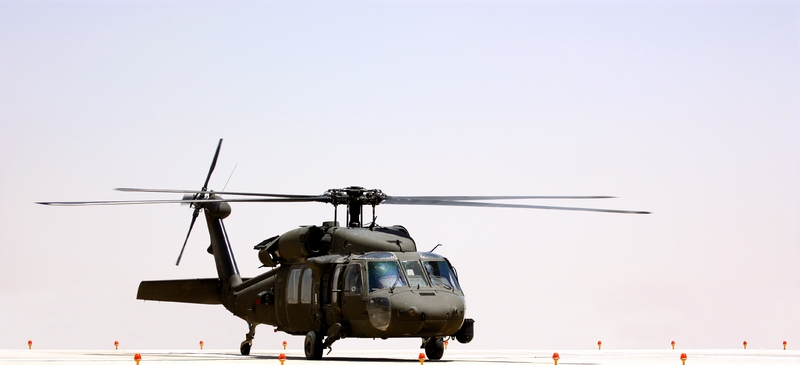
How to make Europe's military work
The European Union is justly proud of its "soft power" – its prosperity, stability and commitment to multilateral institutions have won admirers the world over. A decade ago, when the EU launched the European Security and Defence Policy (ESDP) and appointed Javier Solana as the first high representative for foreign policy, it signalled ambitions in the field of hard power, too. Policymakers in places such as Beijing, Delhi and Moscow took note.
These days, however, few governments elsewhere view the EU as a rising power. They regard it as slow-moving, badly organised and often divided. They are particularly scornful of its lack of military muscle. To be sure, some of the two dozen European missions have made a difference, such as the peacekeepers sent to Bosnia, Chad and eastern Congo, the judges helping to run Kosovo, and the flotilla combating pirates off the coast of Somalia. But one purpose of the ESDP was to generate significant new military capabilities, and in that it has failed. The mission to Chad was delayed by a lack of helicopters – until the Russians provided some.
Defence budgets have been slashed across Europe and only five member-states spend more than 2 per cent of gross domestic product on defence (Britain, France, Poland, Greece and Bulgaria, but the latter two contribute very little to EU missions). In theory the EU can call on two "battlegroups" – rapid reaction forces available for deployment to a crisis zone – at any moment. But many battlegroups exist only on paper and none has ever been deployed.
This military weakness matters. An arc of instability, stretching from eastern Europe via the western Balkans, the Caucasus and the Middle East to north Africa, borders the EU. A security crisis in the EU's neighbourhood may affect its interests directly, for example, by unleashing waves of refugees. There will surely be many occasions when the EU is called on to deploy soldiers, policemen or humanitarian aid. The US expects the EU to be able to sort out its own backyard, notably in the Balkans. And the United Nations wants the Europeans to be ready to intervene in African war zones.
Despite this need for an EU defence capability, each of Europe's "big three" has undermined or is likely to undermine it in different ways. France was the problem. For many years the French tried to build up the EU’s military role as a rival to Nato, which worried the Americans and central Europeans. But this year President Nicolas Sarkozy took France back into Nato as a full member, thereby convincing the US that the French no longer saw Nato-EU relations as a zero-sum game. There is now widespread American support for the EU’s role in defence.
Britain will be the biggest problem if, as seems likely, the Conservative party takes office next year, and if its past rhetoric on EU defence is a guide to future policy. The Conservatives have opposed EU defence policy on the grounds that it could weaken Nato. They may try to pull out of the Brussels institutions that run the policy. But the Americans would urge them to rethink. A Britain that is fully involved in the EU and its institutions is more useful to the US than one that is disengaged.
Right now Germany is the problem. Its pacifist traditions make it reluctant to tackle security problems using force. Over the past 15 years Germany has started to send peacekeepers abroad, but they are seldom allowed to fight, which means that whether they are in Kosovo, Congo or Afghanistan, their utility is limited. Given that Germany is the EU’s largest country, this weakens the whole European defence policy.
The German problem highlights a fundamental difficulty for European defence: a strategic rift divides the continent. One rationale for giving the EU a role in defence was to encourage other countries to adopt the robust strategic culture of the British and the French. However, only about a third of the member states take defence seriously and believe in intervening to solve security problems. These are the countries with troops in the dangerous parts of Afghanistan. The leaders of the remaining EU states sometimes give the impression they would like the Union to be a big Switzerland – prosperous and safe, but reluctant to worry about problems in other parts of the world and unwilling to take responsibility for solving them.
The EU needs to accept that building a defence policy with 27 countries will never work. The ESDP, backed by all the member states, has a useful role to play. Sometimes the mere presence of a soldier or a policeman in a crisis zone creates calm. But when it comes to organising missions that may require the use of force, those countries with robust strategic cultures should form their own body under an EU umbrella.
Any country wanting to join such a club would have to satisfy conditions based on military capabilities and attitudes to the use of force. Just as the rules for joining the euro spur would-be members to improve their economic performance, a defence organisation with tough entry criteria could encourage governments to reform their militaries and change their approach to warfare. Hopefully, the threat of being excluded from such a body would spur Germany and others to take defence more seriously.
